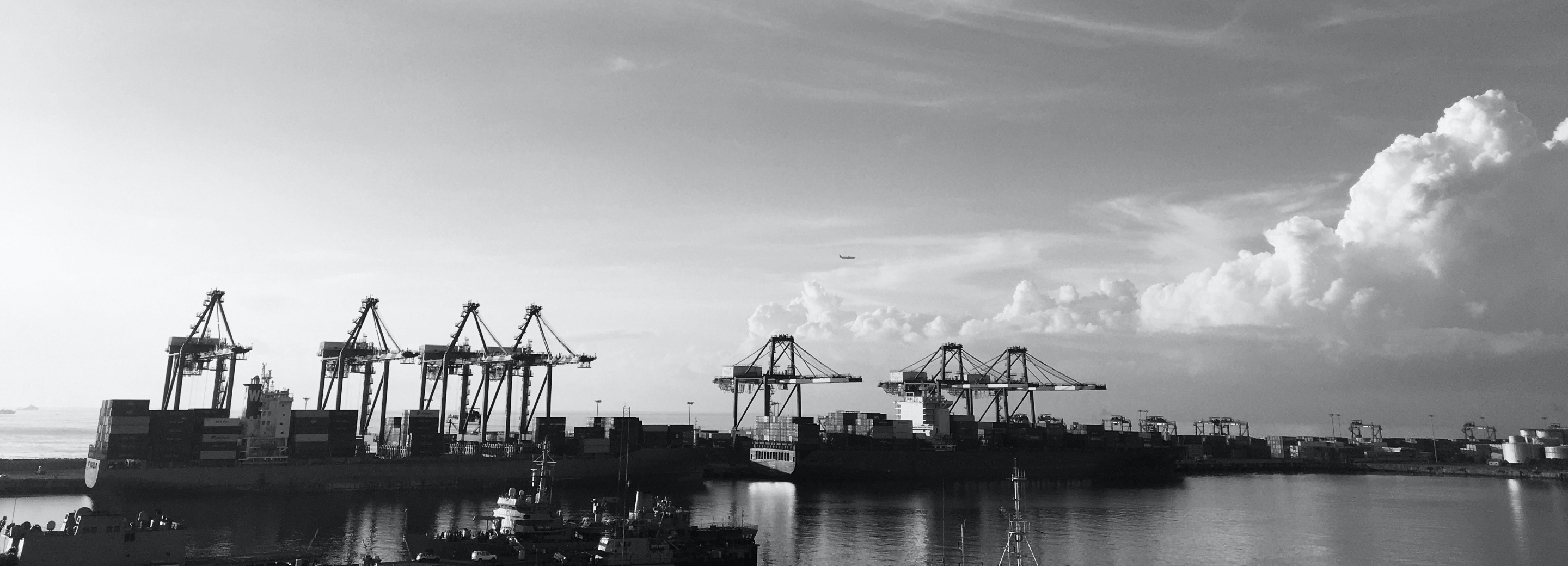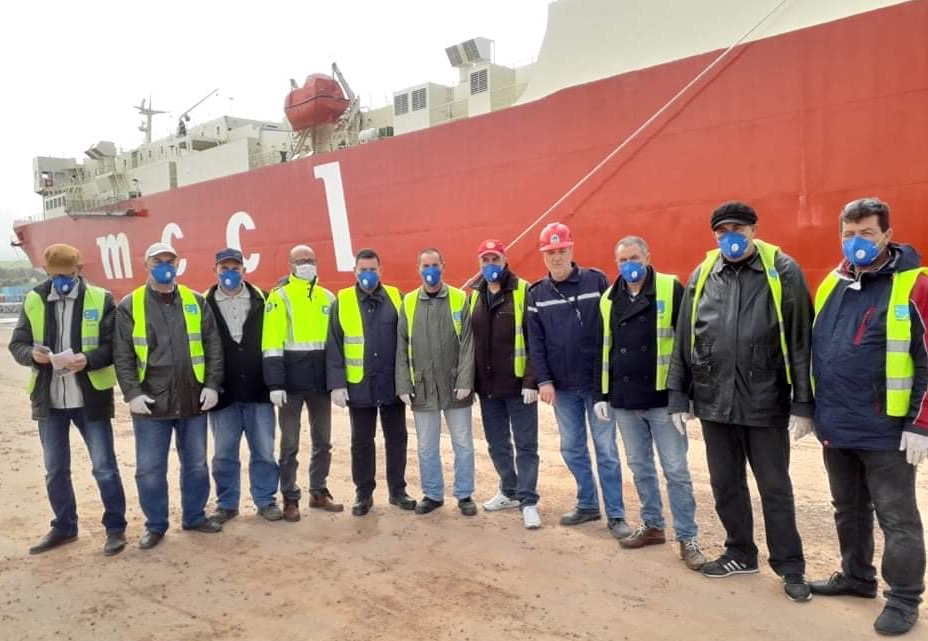
The ITF and the International Chamber of Shipping (ICS) have jointly written an open letter to the United Nations agencies for the global maritime industry calling on them to recognise the vital role of seafarers in this extraordinary crisis.
The letter says this should include ensuring that all seafarers, regardless of nationality, are treated as ‘key workers’ and that governments of UN member states are made aware of the critical role seafarers play to the world trade.
In addition, the ITF and ICS request that:
- this topic be added urgently to the appropriate high-level meetings
- national governments call tripartite meetings to find immediate solutions to the challenges facing seafarers in performing their duties, in particular crew change and the movement of seafarers
ITF seafarers’ section chair David Heindel welcomed the joint letter: “Governments, workers’ unions and social partners need to come together and agree practical and necessary measures to ensure that seafarers are provided protection in order to safeguard their health and the health of all maritime workers they are in contact with.
“Governments also need to put in place procedures to facilitate the movement of seafarers to and from the vessels so that they are not unduly impacted when trying to get on with the job and keep cargo moving”.
The ICS represents the world’s national shipowners’ associations and over 80 percent of the world’s merchant shipping tonnage.
The full text of the joint letter:
JOINT OPEN LETTER TO UNITED NATIONS AGENCIES FROM THE GLOBAL MARITIME TRANSPORT INDUSTRY
FACILITATING CREW CHANGES TO KEEP WORLD TRADE MOVING THROUGHOUT THE COVID-19 CRISIS
To:
Director General, United Nations International Labour Organization Secretary-General, United Nations International Maritime Organization Secretary-General, United Nations Conference on Trade and Development Director General, World Health Organization.
As the COVID-19 pandemic takes hold it is vital that all governments keep maritime trade moving by continuing to allow commercial ships access to ports worldwide and by facilitating the movement and rapid changeover of ships’ crews.
We are writing on behalf of the International Chamber Shipping (ICS), which represents the world’s national shipowners’ associations and over 80% of the world’s merchant shipping tonnage, and the International Transport Workers’ Federation (ITF), which speaks on behalf of approximately two million seafarers who operate the world’s internationally-trading commercial ships.
As the COVID-19 pandemic takes hold, it is important for the world’s governments to fully understand that around 90% of global trade is transported by commercial shipping, which moves the world’s food, energy and raw materials, as well as manufactured goods and components – including vital medical supplies and many products sold in supermarkets, items that are necessary (due to complex supply chains) for the preservation of many jobs in manufacturing – without which modern society simply cannot function.
In this time of global crisis, it is more important than ever to keep supply chains open and maritime trade and transport moving.
In particular, this means keeping the world’s ports open for calls by visiting commercial ships, and facilitating crew changes and the movement of ships’ crews with as few obstacles as possible.
Every month, around 100,000 seafarers need to be changed over from the ships which they operate in order to comply with relevant international maritime regulations, governing safe working hours and crew welfare, so that they can continue to transport global trade safely.
We therefore wish to emphasise the vital need for the world’s professional merchant seafarers to be granted appropriate exemptions from any national travel restrictions, when joining or leaving their ships, in order to keep the world’s maritime supply chains functioning.
In view of their vital role during the global pandemic, we suggest that professional seafarers, regardless of nationality, should be treated as any other international ‘key workers’, such as airline crew and medical personnel. As such, they should be afforded special consideration and, notwithstanding the need to comply with emergency health protocols, treated with pragmatism and understanding when seeking to travel to and from their ships.
We therefore call on your organisations to highlight the critical importance of this issue with the governments of your member states.
We request, as a matter of urgency, that this topic be added to the agenda of appropriate high level meetings, and that national authorities in your organisations’ member states should be encouraged to engage immediately with their national shipowners’ association and national seafarers’ union, in order to find rapid solutions to this serious problem which otherwise risks impeding global efforts to address the COVID-19 pandemic.
Yours faithfully,
_____________________________
Guy Platten, Secretary General International Chamber of Shipping
________________________________
Stephen Cotton, General Secretary International Transport Workers’ Federation
